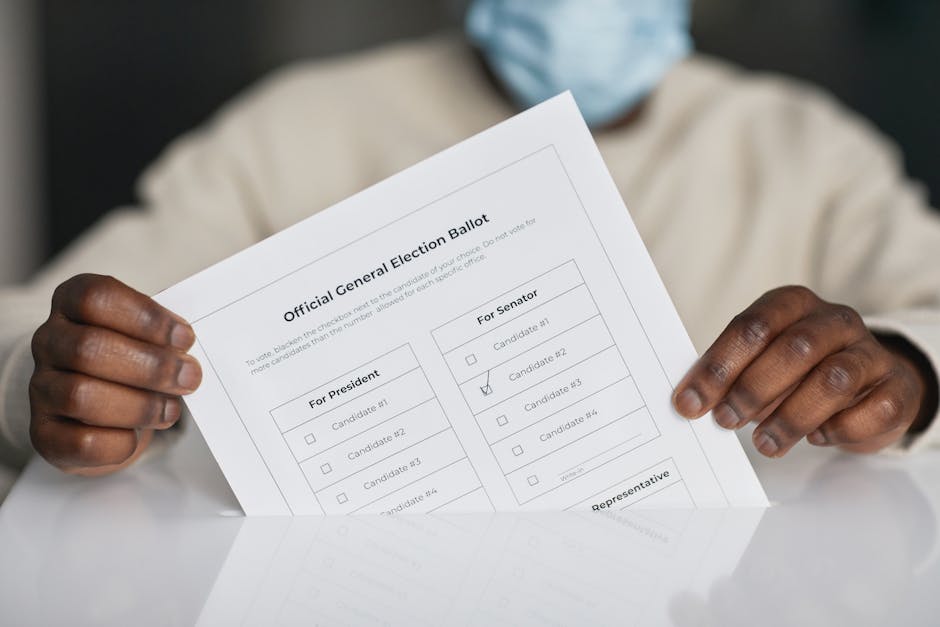A primary concern is the growing polarization of societies. Increasingly, citizens are aligning themselves with extreme ideologies, leading to intense political division and hindering constructive dialogue. This polarization is fueled by various factors, including the spread of misinformation and disinformation through social media, the proliferation of echo chambers reinforcing pre-existing beliefs, and the strategic exploitation of societal fault lines by political actors. Such deep divisions impede effective policymaking, fostering gridlock and hindering the ability of governments to address pressing societal issues. Furthermore, this polarization can create an environment where extremist views gain traction, threatening the peaceful transfer of power and undermining the legitimacy of democratic processes.
Another significant challenge involves the erosion of public trust in institutions. Decades of economic inequality, coupled with perceptions of corruption and elite capture, have fueled widespread cynicism towards governments, political parties, and even the judiciary. This distrust manifests in declining voter turnout, increased apathy, and a growing belief that the political system is rigged against ordinary citizens. Such disillusionment creates fertile ground for populist leaders who promise radical change but often undermine democratic norms and institutions in the process. Restoring public trust requires transparent and accountable governance, coupled with efforts to address systemic inequalities and promote civic engagement.
The rise of misinformation and disinformation represents a particularly insidious threat. The ease with which false or misleading information can spread online, amplified by sophisticated algorithms and bots, poses a direct challenge to informed public discourse. This “infodemic” can undermine public trust in credible sources of information, leading to a blurring of lines between fact and fiction. This, in turn, can manipulate public opinion, influence elections, and incite violence. Combating this requires a multi-pronged approach involving media literacy education, efforts to improve the detection and removal of harmful content online, and promoting fact-checking initiatives.
Technological advancements, while offering numerous benefits, also present significant challenges to democracy. The use of sophisticated surveillance technologies, for instance, raises serious concerns about privacy and the potential for abuse. Similarly, the increasing reliance on algorithms to curate information and personalize experiences can lead to filter bubbles and echo chambers, further exacerbating societal polarization. The potential for foreign interference in elections through cyberattacks and disinformation campaigns also presents a considerable risk. Navigating these challenges requires thoughtful regulation and international cooperation to ensure that technology is used responsibly and does not undermine democratic values.
The resurgence of authoritarianism globally poses another major threat to democratic systems. Many countries are experiencing a rollback of democratic norms and institutions, with authoritarian leaders consolidating power and suppressing dissent. This trend is often fueled by a combination of factors, including economic insecurity, ethnic or religious tensions, and a weakening of democratic institutions. Furthermore, the weakening of international norms and the rise of nationalist sentiment have emboldened authoritarian regimes and undermined international efforts to promote democracy. Protecting and promoting democracy requires a renewed commitment to international cooperation, support for democratic movements, and a robust defense of human rights and fundamental freedoms.
Finally, addressing the climate crisis presents a unique challenge to democratic governance. The long-term nature of the problem and the need for transformative policy changes often clash with short-term political cycles and the inherent limitations of democratic decision-making. Achieving meaningful progress requires broad societal consensus, international cooperation, and a willingness to make difficult choices that may not be politically popular in the short term. Failure to address this existential threat will have profound and destabilizing consequences, undermining the very foundations of stable societies and challenging the legitimacy of democratic institutions.
In conclusion, democracies face a complex array of challenges that require innovative and multifaceted solutions. Addressing these issues demands a concerted effort from governments, civil society organizations, and individual citizens. Reinforcing democratic institutions, promoting civic engagement, combating misinformation, fostering public trust, and addressing inequality are critical steps towards strengthening and preserving democratic governance in a rapidly changing world. The survival of democracy in the 21st century depends upon a collective commitment to its core values and a willingness to confront the formidable challenges that lie ahead.
